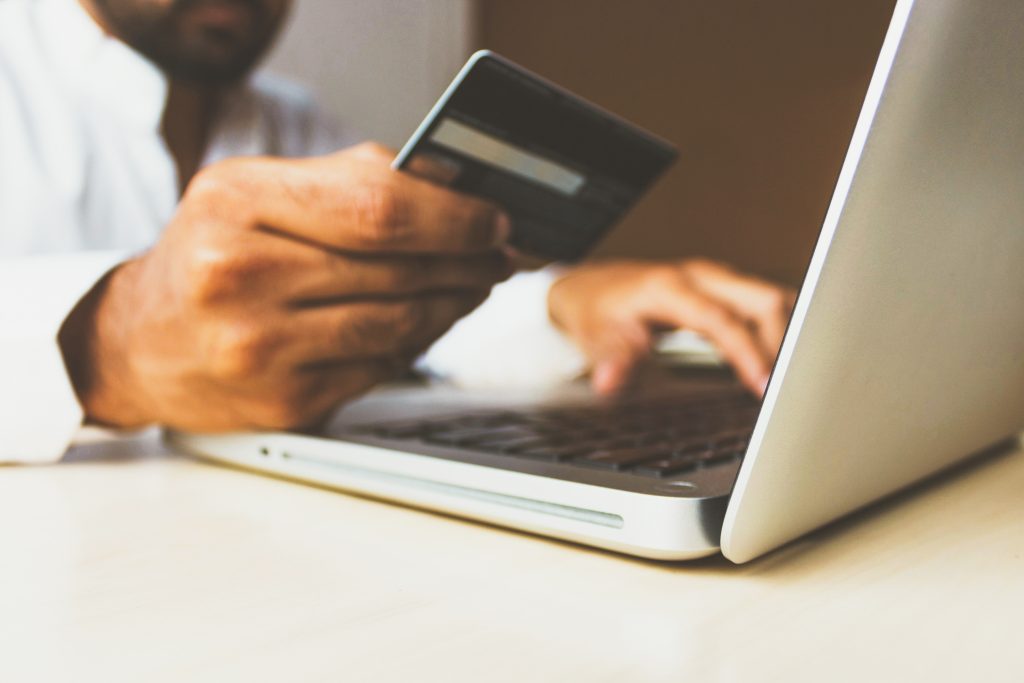Online Banking 101 – Tips and Tricks for Seniors
Modern banking has embraced digital transformation, offering online and mobile banking services for your convenience. While navigating these new tools might seem daunting, rest assured that online banking is a secure, efficient, and free method of managing your finances.
In essence, online banking empowers you to conduct financial transactions via the internet. By creating a unique username and password, you gain access to your bank’s platform through a web browser. Mobile banking takes this a step further, enabling money transfers, balance checks, and bill payments through a dedicated app on your smartphone or tablet.
Is Online Banking Safe?
Absolutely. Robust encryption tools safeguard your information, maintaining the privacy and security of your data. To further deter hackers and scammers, there are precautions you can take—details to follow. Whether you opt for online banking (via your computer) or mobile banking (via your smart device), the bank prioritizes the safety of your money and personal data.
When & Where Can I Access Online Banking?
Online banking is always at your fingertips, 24/7, outside of regular banking hours. Whether you’re using a computer, tablet, or smartphone, you can manage your account, pay bills, and execute transactions from virtually anywhere. Effortlessly transfer funds in just a few clicks. Many banks also offer mobile deposit, allowing you to snap photos of checks for seamless, branch-free deposits.
Vigilantly Monitor Your Accounts
Online banking streamlines budgeting and account management. Instantly view your balance, and set up alerts to notify you if your account balance falls below a specific threshold. Users often integrate their accounts with budgeting tools for efficient fund allocation, expense planning, and savings goals.
You can even track pending transactions in real-time through instant logins.
How Can I Ensure My Account’s Safety?

In addition to the cutting-edge security measures implemented by financial institutions, you can adopt practices to thwart hackers.
Create a Strong Password
Forge a password memorable to you but impervious to guesswork. Craft your own strong password using these guidelines:
- Blend letters and numbers
- Mix uppercase and lowercase letters
- Devise unique passwords for important accounts
- Incorporate symbols like !@%?
Avoid Sharing Account Information
Rest assured that your banking data is safeguarded. However, countless individuals unwittingly disclose their banking particulars through phishing scams. Phishing involves fraudulent emails, calls, or texts masquerading as legitimate bank communications. Its aim: to manipulate you into revealing confidential details (such as account numbers, passwords, PINs, or birthdays), granting unauthorized access.
Never divulge your account information. Legitimate banks will never request your username or password via email or text. In case of doubt, verify by calling your bank.
Test Your Scam Detection Skills
Curious about your scam-spotting prowess? Take this quiz to find out.
Online banking is an invaluable, secure tool for financial management. With a bit of learning, you’ll confidently navigate the world of online and mobile banking, simplifying your financial journey.
More questions?
Want to speak to a care expert about how to ensure the safety of your loved one during these uncertain times?
Let's connect you with the closest available Qualicare expert in your city to answer your questions.
The Qualicare Difference
Comprehensive care planning led by experienced Care Experts
"Qualicare changed everything. Mom loves her new companion, meanwhile Jack and I have peace of mind and more time to focus on the kids. "
Janette Aldermaine


 Have Questions?
Have Questions?